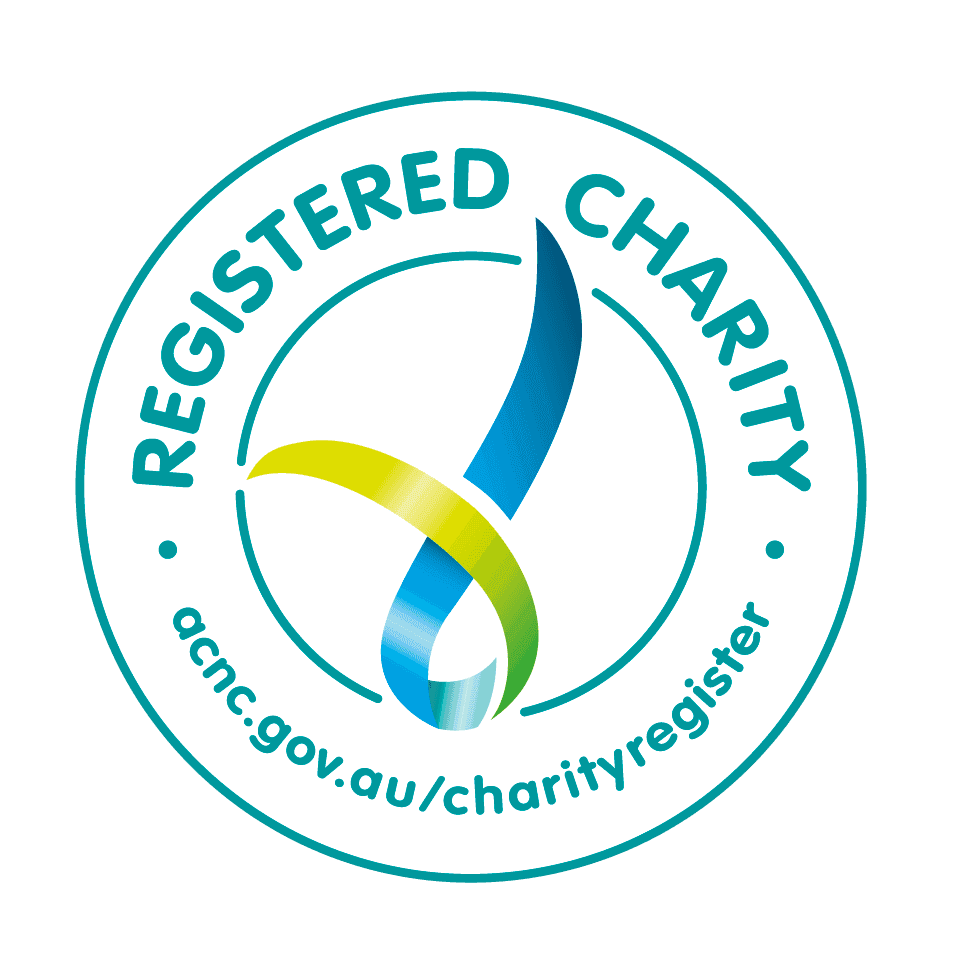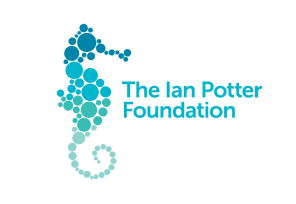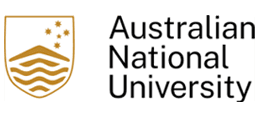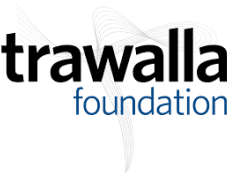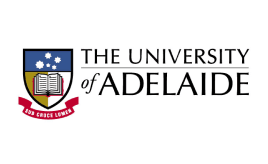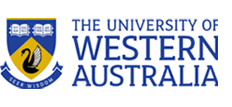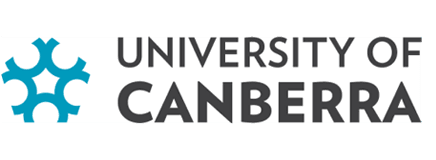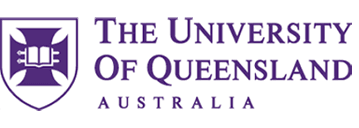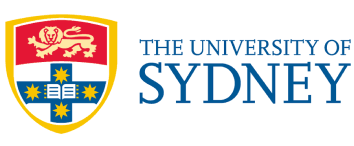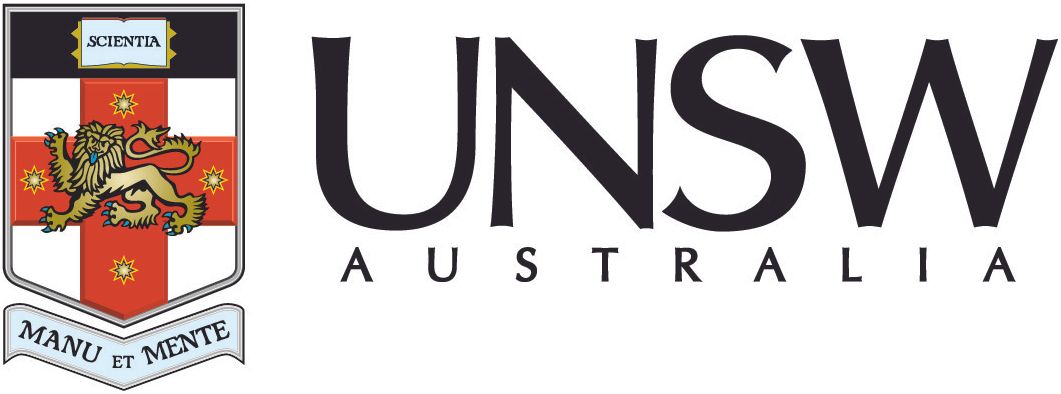NSW Biodiversity Act set for major overhaul
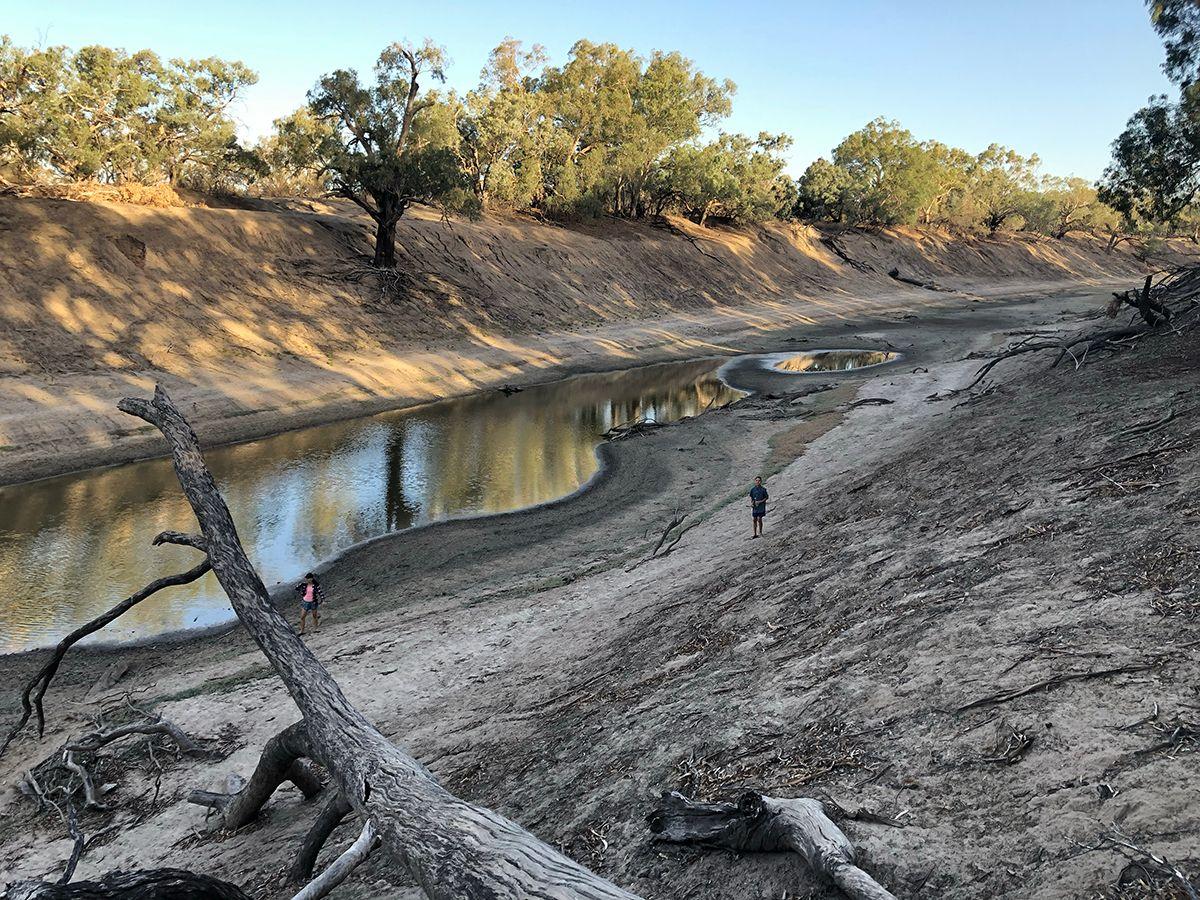
The Darling River near Louth NSW. Image: Jaana Dielenberg
Media Release
18 July 2024
The NSW Minns Government have announced major reforms to the Biodiversity Conservation Act 2016, following a scathing independent review in 2023. The commitments include welcome progress in many areas but do not go far enough to curb high rates of native vegetation clearing.
The NSW Government have just announced that they will adopt in full or in part 49 out of the 58 recommendations from the Henry Review in the reform of the NSW Biodiversity Conservation Act.
While the announcements include welcome progress in many areas such as changes to the ineffective biodiversity offsets scheme, they do not go far enough to curb high rates of native vegetation clearing which is still a key driver of biodiversity loss in the state.
Amongst the key reforms is an overhaul of the state's system of biodiversity offsets and a commitment to a new statewide nature strategy.
“Under current settings it’s predicted that half of the state's threatened species will go extinct in the next century, so we need urgent reform to turn that trajectory around”, said Biodiversity Council Director James Trezise.
“Fixing the NSW biodiversity offsets system was an election commitment from this government and it's pleasing to see action on that today. /
“Ensuring offsets are genuinely a measure of last resort and removing discounts for mine-site rehabilitation are important steps.
“It’s also good to see a commitment to align the Biodiversity Conservation Act with national and international goals and to recognise Aboriginal cultural values and connection to Country.
“Moves to increase the consideration of biodiversity in planning, such as through High Conservation Values Mapping to guide decision-makers are welcome, but it is disappointing that the government has not followed through on recommendations for the development no-go zones.”
“Habitat destruction is the primary driver of biodiversity loss in NSW and rates of clearing of intact natural habitats have actually accelerated since the Act was introduced in 2016.
“A review into land clearing codes by the Natural Resources Commission is welcome, but much more needs to be done to tackle land clearing in NSW if we are to stop the dramatic loss of wildlife in the state.”
Biodiversity Councillor Professor Carolyn Hogg from The University of Sydney said, “It is good to see a commitment to review the state’s biodiversity conservation program to support the objectives of no new extinctions and restoring threatened species and ecosystems.
“If not, future generations will pay the price of our inability to protect our State's biodiversity.
“A new NSW Nature Strategy is expected to set goals and targets to address threats to nature, recover species and conserve landscapes and also to guide investment to restore and connect ecosystems and landscapes across tenures.
“Reforms to embed a goal of no-new extinctions, investing in the mapping of important areas and aligning with the IUCN global ecosystem typology are welcome.”
To support conservation on private land the announcements also include a new land covenant type that excludes extractive uses, and support for biodiversity and carbon markets, including blue carbon.
Private land conservation agreements will also be broadened to recognise and protect Aboriginal cultural values and traditional ecological knowledge.

